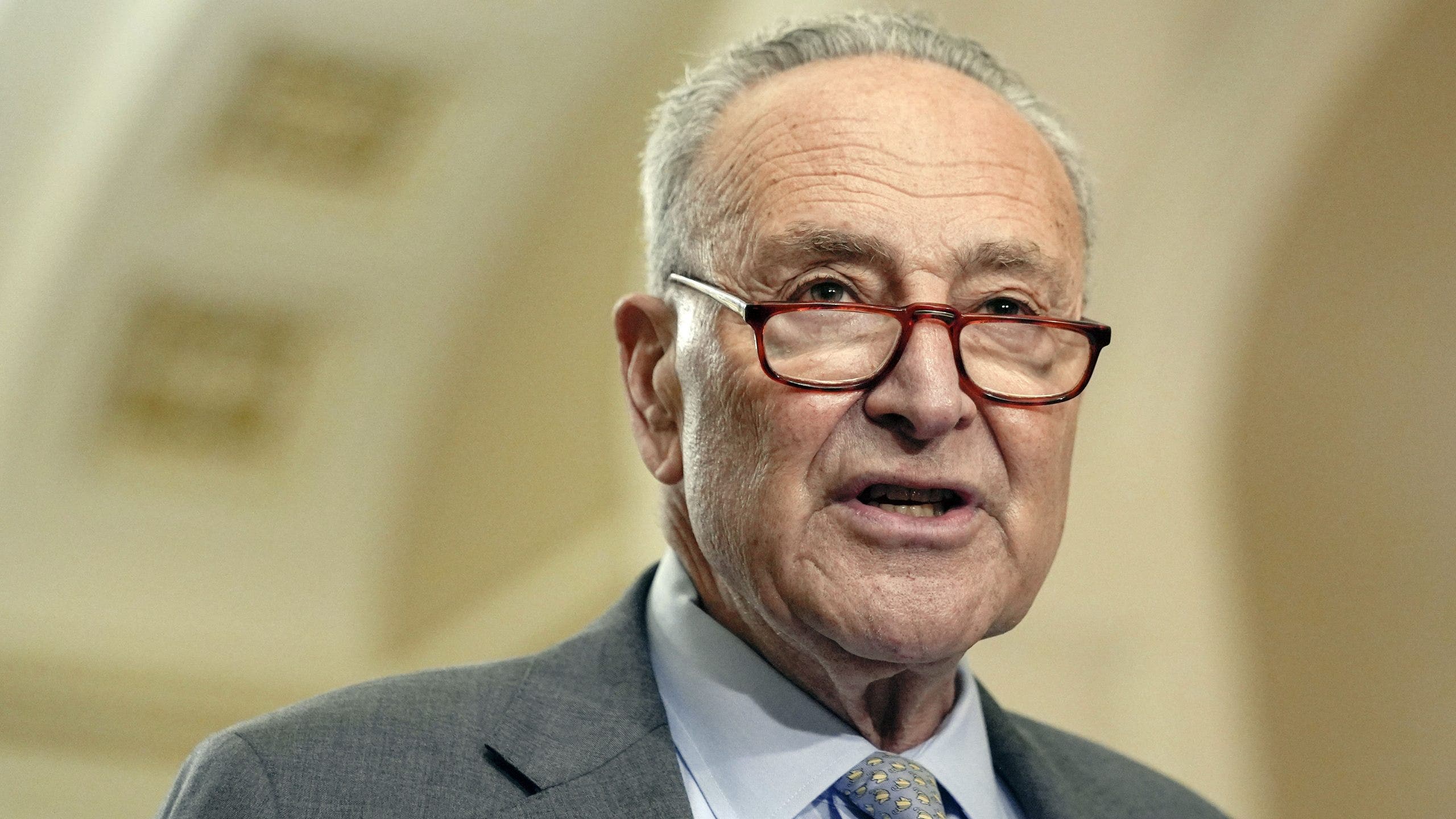Schumer now pleads for bi-partisanship having promised to railroad Democrat agenda through

With Republicans securing a red trifecta in the recent elections, winning the White House and majorities in both the House and Senate, Sen. Majority Leader Chuck Schumer appears to be shifting his stance from his pre-election promises. Prior to the elections, Schumer had expressed his desire to potentially eliminate the filibuster rule in the Senate, which requires 60 votes to pass bills. This move would have allowed Democrats to push through their agenda without facing much Republican opposition.
Schumer and the Democrats had attempted to abolish the filibuster in 2022 when they had 50 votes, with the Vice President poised to break any tie. However, Senators Joe Manchin and Kyrsten Sinema, who later became Independents, refused to support the Democratic party’s proposal. With their departure from the Senate, Schumer was confident of having at least 50 Senate seats after the recent election, potentially giving him the majority needed to eliminate the filibuster.
The elimination of the filibuster would have paved the way for Democrats to pass key legislation such as the Freedom to Vote Act, the John Lewis Voting Rights Advancement Act, and codifying abortion rights in federal law. Schumer had also proposed reforms to the Supreme Court, including implementing 18-year term limits for justices and expanding the number of Supreme Court members from nine to 13.
However, in a surprising turn of events, Schumer is now urging Republicans to prioritize bipartisanship and work together across party lines. He emphasized the need for bipartisan cooperation in order to ensure productivity in the Senate. This change in tone has raised eyebrows, with some critics accusing Schumer of hypocrisy for advocating for extreme measures when Democrats were in power, only to call for bipartisanship now that Republicans hold the majority.
Senate Minority Whip John Thune is set to replace Schumer as Majority Leader and has outlined his priorities, including advancing President-elect Trump’s immigration agenda and reviving key elements of the Tax Cuts and Jobs Act of 2017. Thune has also expressed his commitment to preserving the filibuster rule, even if it means hindering the passage of certain Republican-backed legislation.
With Republicans now in control of the White House and Congress, the focus will be on advancing Trump’s agenda while ensuring bipartisan cooperation in the Senate. The upcoming term will test the ability of both parties to work together effectively and deliver results for the American people.




